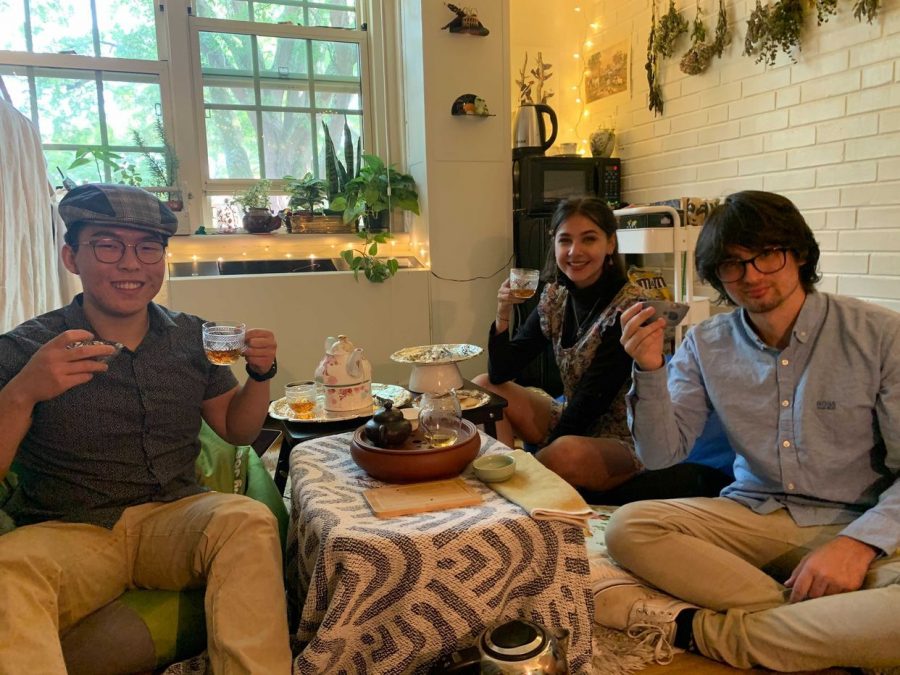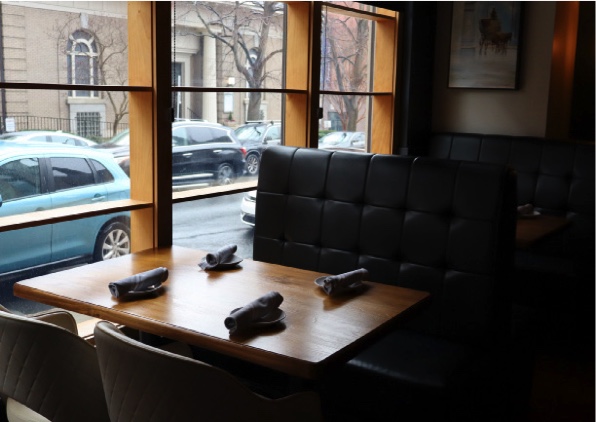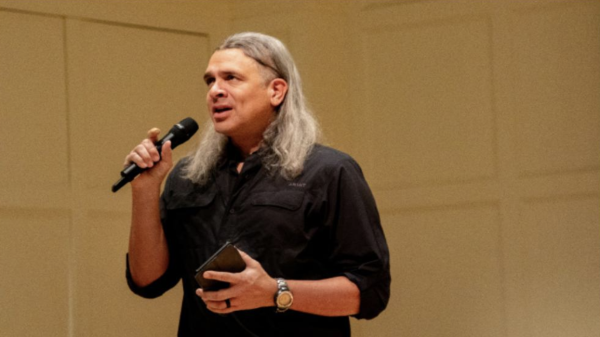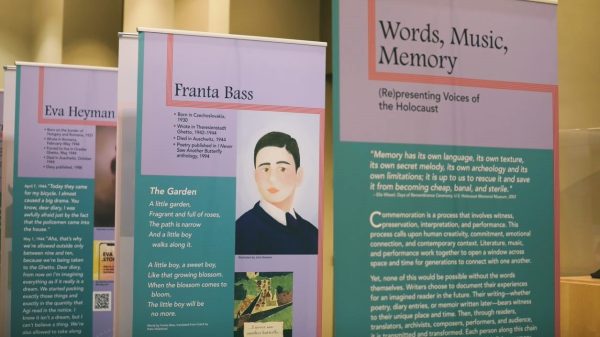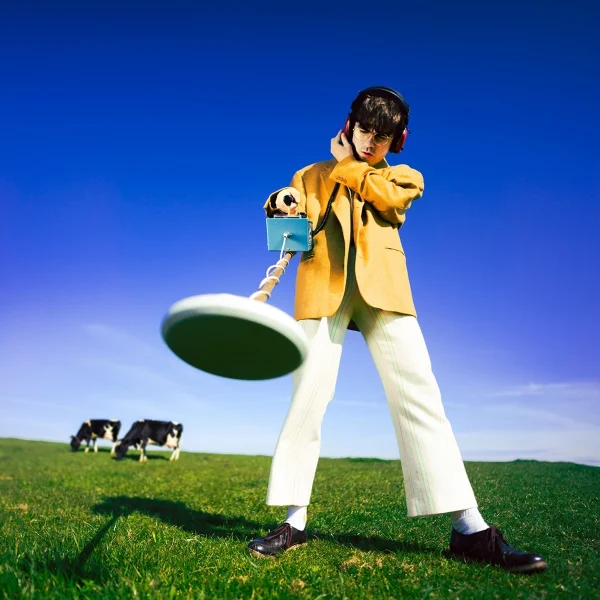The Growing journey of tea
Wake Forest student creates the “World Tea Association” to explore the history and journey of tea
February 11, 2021
For most people, coffee, rather than tea, is the superior morning beverage. In Western societies especially, people’s view of tea is mostly limited to crappy teabags (sorry teabag drinkers). To put this into perspective, consuming tea from teabags rather than from loose-leaves is the equivalent of consuming Folgers coffee versus coffee from your favorite artisanal coffee shop.
This article isn’t about discussing the rivalry between coffee and tea. Rather, its purpose is to communicate that our perception of tea and particularly real tea is way off. And this is where I introduce to you the ‘World Tea Association,’ the only organization on Wake Forest’s campus that promotes artisanal tea culture, shares the essence of tea and facilitates meaningful conversations over a pot of quality tea.
Let me begin by admitting I haven’t always been so into tea. Not long ago, I thought that tea was just flavored water, and I didn’t understand why people drank it. Why not just have water instead?
However, this changed at the beginning of 2020. After reflecting upon a visit to China in which I had the opportunity to visit numerous tea shops and teahouses, I became enthralled by an atmosphere and environment unlike anything I had previously been exposed to. A newfound love for rustic aesthetics, nature and East Asian culture ignited an instant passion for the world of tea.
The experiences in these houses and the tea itself were both exquisite. At the tea houses I visited with my mother, teas were brewed in a particular style called gongfu, translated to mean “time and effort.” In the gongfu tradition, teas are brewed in particular vessels, either a clay teapot or a porcelain gaiwan before being poured into a fairness glass which distributes the brewed tea into small teacups. Following this brewing method, the leaves could last for upwards of two hours without the flavor deteriorating.
These tea sessions, I discovered, were the perfect way to feel grounded, present and connected with others. The combination of L-Theanine (an amino acid found in tea leaves) and caffeine increased my mental focus, increased my energy and reduced my stress, too.
I was fascinated to learn that the many different types of tea all come from the same plant: camelia sinensis. The main types of teas are green tea, white tea, yellow tea, black tea, oolong tea, pu-erh tea and dark tea. Through various levels of oxidation and methods of post-processing, each of these types of tea can be produced from the tea plant.
Once you dive into each category, levels of quality and preference are distinguished by region (as specific as the name of a certain mountain), season of harvest and age.
Fast forward to the beginning of quarantine in March 2020. I was back home in Canada brewing gongfu tea by myself every day. My go-to tea has been raw pu-erh tea, which is a type of tea that is both fermented and aged. Pu-erh tea has three main categories – raw, ripe and aged-raw. What makes each special is that they must be produced from the Yunnan area in China, with a big-leaf material called camellia sinensis assamica, or “old wild trees.”
I am surprised that artisanal tea culture has yet to reach mainstream society in Western countries, and its decline in East Asia saddens me as coffee culture continues to surge.
Thus, I started the ‘World Tea Association’ at Wake Forest to promote artisanal tea culture and cross-cultural communication. The world of tea is so diverse, and not many people are aware of the significance of tea in many cultures around the world.
Since beginning my tea journey, I have learned so much about my own cultural roots through gongfu tea, Persian culture through Persian tea, and South American culture through loose-leaf yerba mate (not the cans!).
The World Tea Association strives to create a community around tea, promote healthy living and encourage tea learning as an academic discipline. Due to COVID-19, the World Tea Association’s in-person Tea-Sessions have been postponed this semester. In the meantime, we will be facilitating conversations with Demon Deacon students on our podcast TO TEA TOGETHER while collaborating with other campus organizations.


